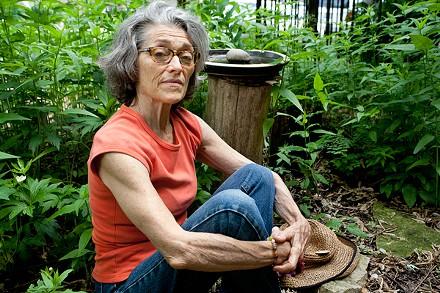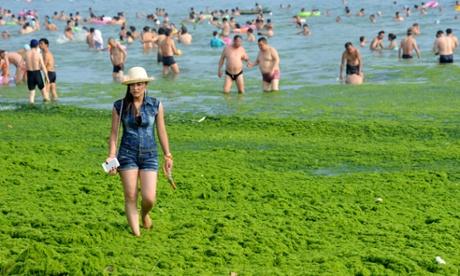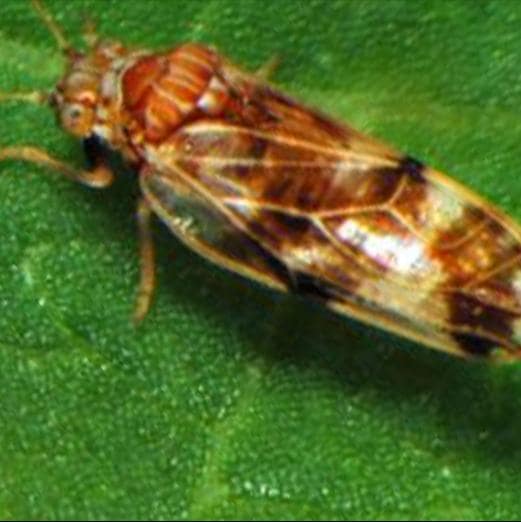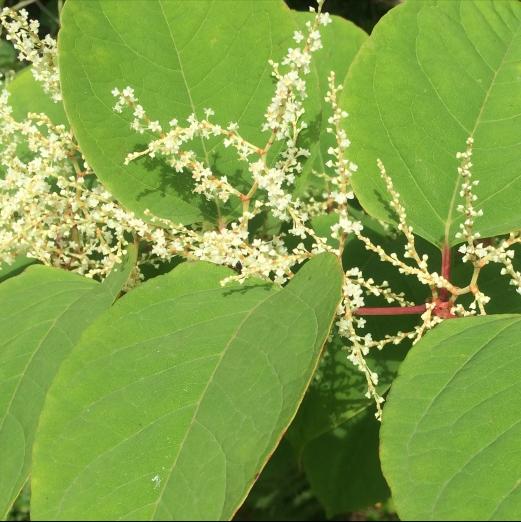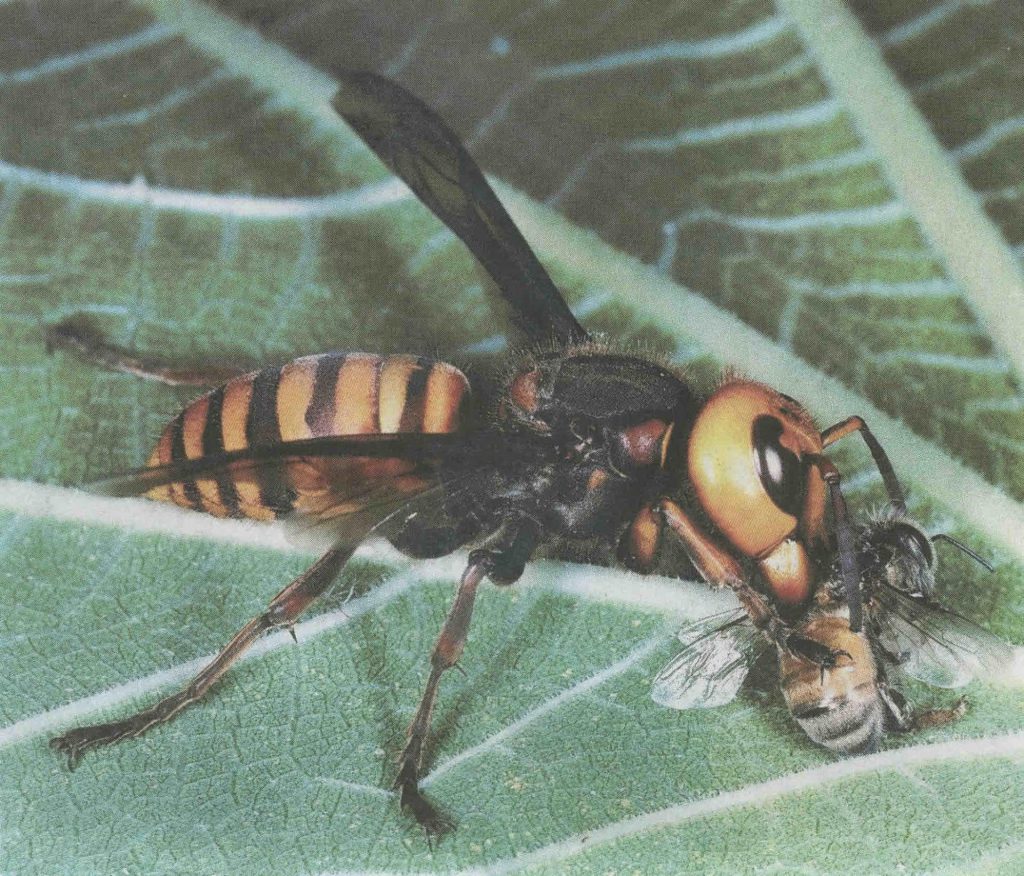Birds, bees and aquatic life threatened by gross underestimate of toxicity of World’s most widely used pesticide
American Bird Conservancy calls for ban on neonicotinoids March 2013. As part of a study on impacts from the world’s most widely used class of insecticides, nicotine-like chemicals called neonicotinoids, American Bird Conservancy (ABC) has called for a ban on their use as seed treatments and for the suspension of all applications pending an independent


